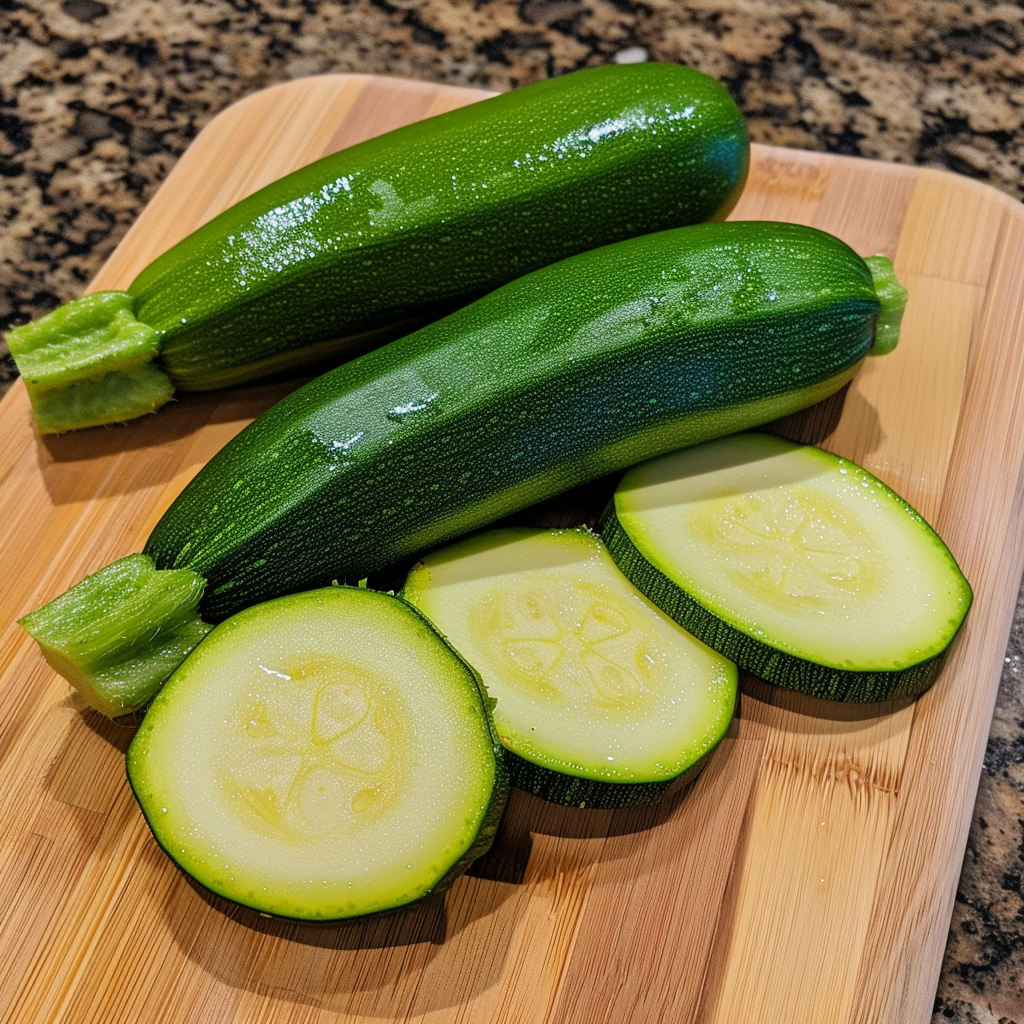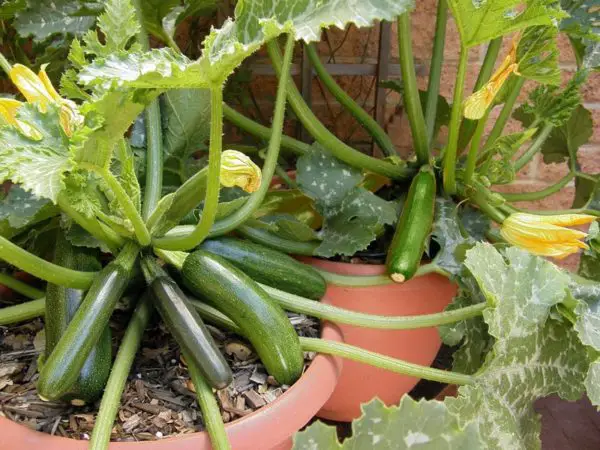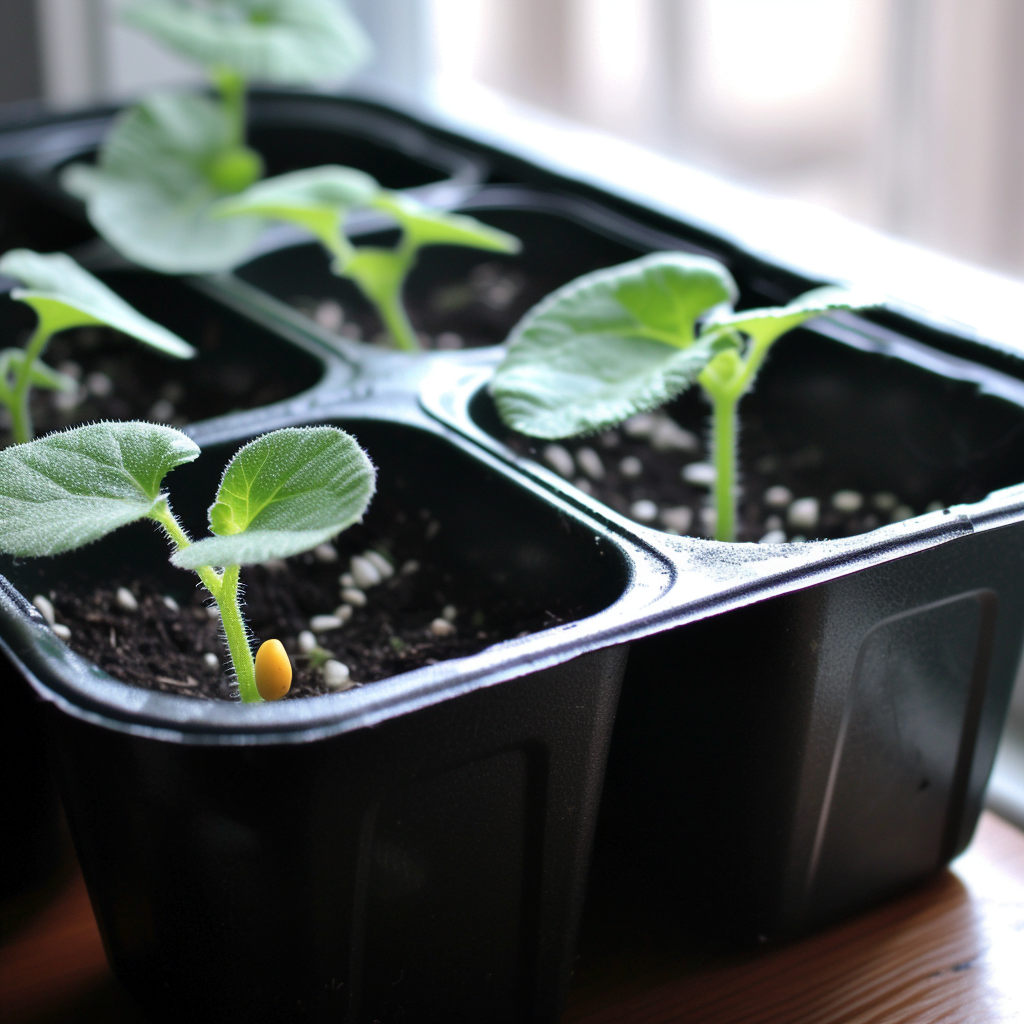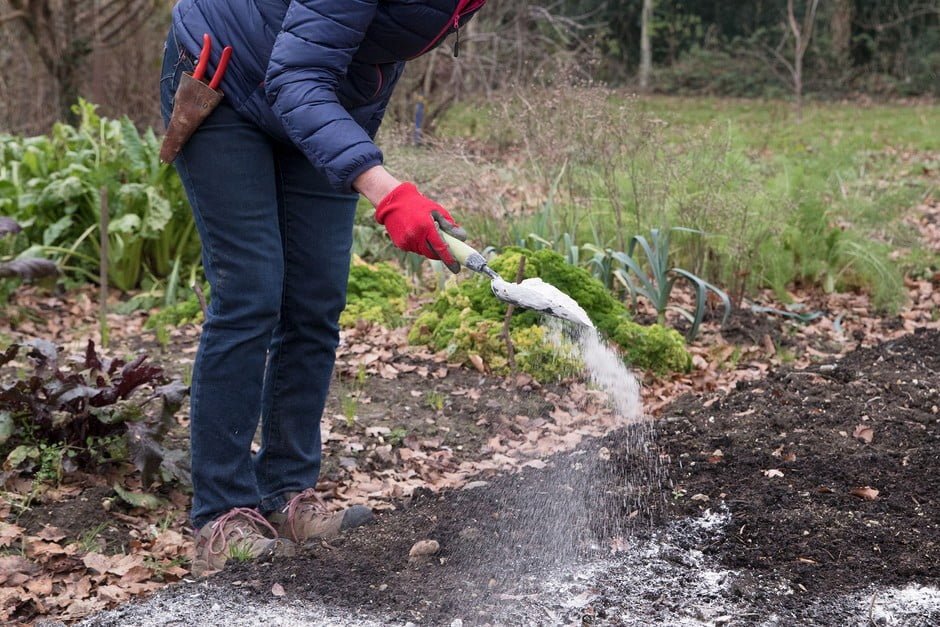Have you ever been excited to cook with fresh zucchini, only to find that it has turned mushy? It can be quite disappointing, especially when you were looking forward to a delicious meal. In this article “Why is my zucchini turning mushy”, we will explore the reasons behind why your zucchini is turning mushy, and provide you with some helpful tips on how to prevent this from happening in the future. So, if you’ve been wondering why your zucchini is losing its firmness, keep reading to find out!
Possible Reasons for Mushy Zucchini
Overripe Zucchini
One of the possible reasons for mushy zucchini is that it may be overripe. When zucchini continues to grow beyond its optimal size, it can become watery and mushy. Overripe zucchini tends to have larger seeds and a softer texture, which can contribute to its mushiness. It is essential to harvest zucchini at the right time to avoid this issue.
Underripe Zucchini
On the other hand, underripe zucchini can also result in a mushy texture. If you harvest zucchini too early, it may not have reached its full potential in terms of flavor and texture. Underripe zucchini tends to be less firm and lacks the crispness that is desirable. To prevent mushy zucchini, it is crucial to allow the vegetable to mature fully before harvesting.
Improper Storage
Improper storage can also lead to mushy zucchini. If zucchini is stored in an environment with high humidity or is kept in a sealed container, moisture can accumulate, causing the vegetable to become soft and mushy. It is important to store zucchini in a cool, dry place with proper ventilation to maintain its freshness and prevent mushiness.
Excessive Moisture
Excessive moisture is another factor that can contribute to mushy zucchini. Whether it is due to overwatering in the garden, heavy rainfall, or improper storage conditions, excess moisture can cause zucchini to become waterlogged and lose its firmness. Adequate drainage and controlling moisture levels are crucial to prevent mushy zucchini.
Inadequate Drainage
If your zucchini plants are not provided with proper drainage, it can lead to water accumulation around the roots. This stagnant water can cause the zucchini to become mushy and prone to diseases. Ensuring good drainage in the garden by using raised beds or adding organic matter to improve soil structure can help prevent mushiness in zucchinis.
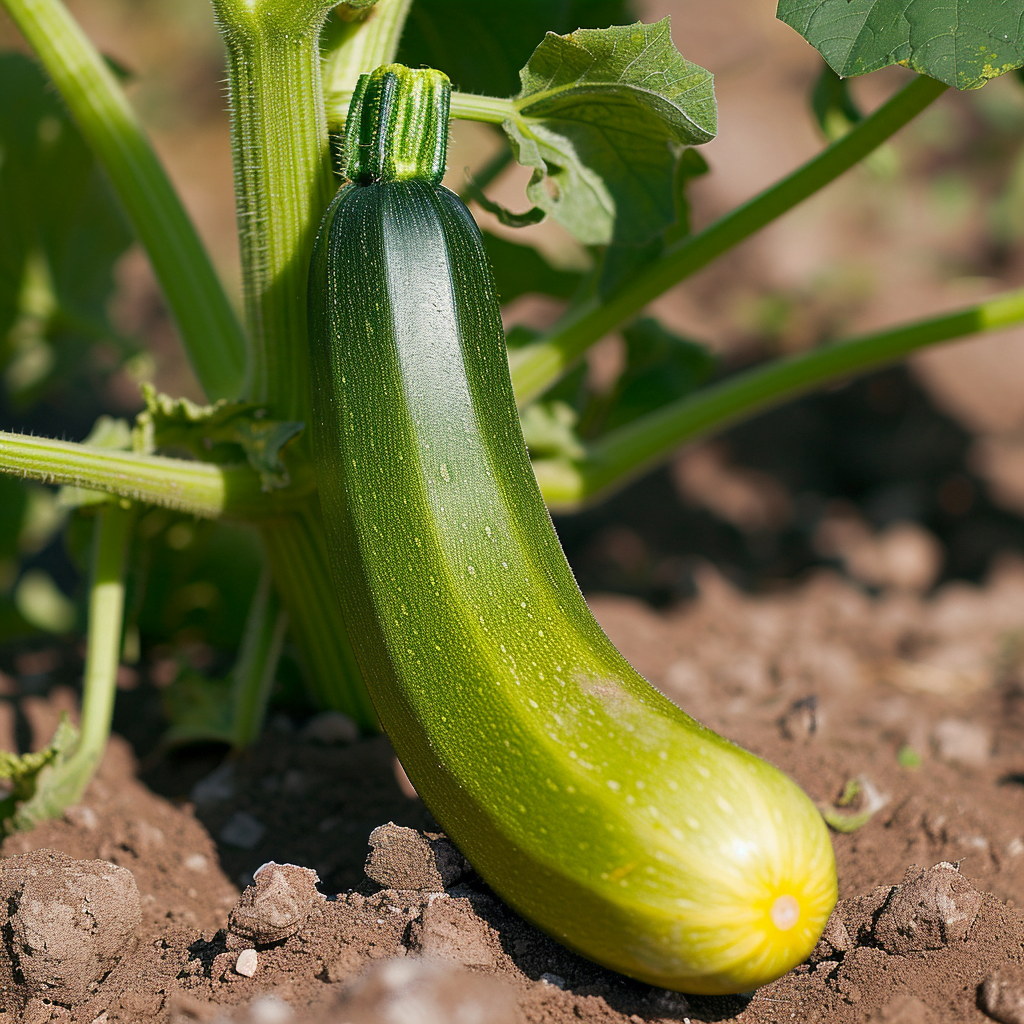
Heat Stress
Zucchinis are sensitive to extreme temperatures, and prolonged exposure to high heat can result in mushiness. Heat stress can cause the plant to become dehydrated, leading to less firm and tender zucchinis. Providing adequate shade or using mulch to regulate soil temperature can prevent heat stress and maintain the desired texture of the zucchinis.
Fungal or Bacterial Diseases
Fungal or bacterial diseases can also cause zucchinis to become mushy. Diseases like blossom end rot or downy mildew can affect the fruit and result in a soft and mushy texture. It is important to practice good garden hygiene, such as removing infected plant material and providing proper airflow, to prevent these diseases and maintain the quality of the zucchini.
Pest Infestation
Pest infestations, such as squash bugs or vine borers, can damage the interior of the zucchini, leading to a mushy texture. These pests feed on the plant tissues, causing internal damage that may not be immediately visible. Implementing pest control measures, like regularly inspecting the plants and using organic pest repellents, can help prevent these infestations and keep the zucchinis firm.
Physical Damage
Physical damage to the zucchini can also result in mushiness. Rough handling during harvesting, transportation, or storage can bruise the zucchini, causing it to become soft and mushy. It is important to handle the zucchini with care and avoid any rough treatment to maintain its firmness.
Cooking Techniques
The way you cook zucchini can also affect its final texture. Different cooking techniques can yield varying results, including mushy zucchinis. For example, overcooking zucchini or using high heat can cause it to become soft and mushy. By optimizing your cooking techniques and using methods like quick sautéing or grilling, you can preserve the natural firmness of the zucchini.
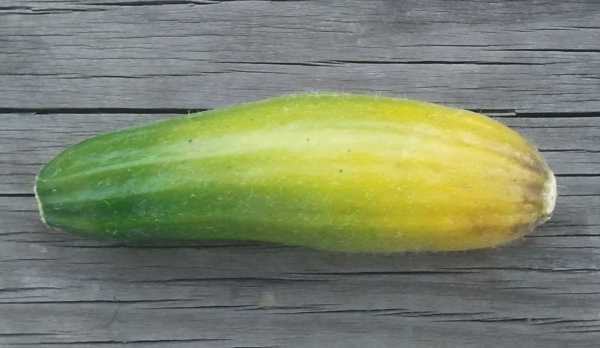
Preventing Zucchini from Becoming Mushy
Harvesting at the Right Time
To prevent zucchini from becoming mushy, it is crucial to harvest the vegetable at the right time. Zucchinis should be harvested when they reach a length of 6 to 8 inches and have a firm texture. By avoiding both underripe and overripe zucchinis, you can ensure a pleasant and non-mushy eating experience.
Proper Storage
Proper storage is essential to maintain the firmness of zucchinis and prevent them from becoming mushy. Store zucchinis in a cool, dry place with good ventilation. Avoid storing them in sealed containers, as this can trap moisture and promote mushiness. If you have excess zucchinis, consider refrigerating them in a breathable bag to prolong their freshness.
Controlling Moisture Levels
Controlling moisture levels is crucial in preventing zucchinis from becoming mushy. In the garden, avoid overwatering and provide adequate drainage to prevent water accumulation around the roots. When storing zucchinis, ensure that the storage area is dry and well-ventilated. By keeping moisture levels in check, you can maintain the firmness of the zucchinis.
Ensuring Good Drainage
Proper drainage in the garden is essential to prevent waterlogged soil, which can lead to mushy zucchinis. Consider using raised beds or improving soil structure by adding organic matter to enhance drainage. Good drainage allows excess water to flow away from the plant’s roots, preventing water accumulation and the subsequent mushiness.
Protecting from Heat Stress
Protecting zucchinis from heat stress can help preserve their firm texture. Provide shade or use mulch to regulate soil temperatures and prevent the plants from becoming dehydrated. By creating a favorable environment for the zucchinis, you can avoid the mushiness associated with heat stress.
Practicing Good Garden Hygiene
Practicing good garden hygiene can help prevent fungal or bacterial diseases that can cause zucchinis to become mushy. Remove any infected plant material promptly to avoid spreading diseases. Providing proper airflow and spacing between plants can also help prevent the development and spread of diseases, ensuring firm and healthy zucchinis.
Implementing Pest Control Measures
To protect zucchinis from pests that can cause internal damage and mushiness, implement pest control measures in your garden. Regularly inspect the plants for signs of pest infestation and take appropriate action. Organic pest repellents or physical barriers, such as row covers, can help prevent pests from damaging the zucchinis.
Handling with Care during Storage and Transportation
To prevent physical damage that can lead to mushy zucchinis, handle them with care during storage and transportation. Avoid dropping or bumping the zucchinis, as this can bruise the flesh and cause a soft texture. By treating the zucchinis gently, you can maintain their firmness and prevent mushiness.
Optimizing Cooking Techniques
When cooking zucchinis, optimize your techniques to avoid ending up with mushy results. Opt for quick cooking methods like sautéing or grilling, as these can help retain the zucchini’s natural firmness. Avoid overcooking or using high heat for extended periods. By adjusting your cooking techniques, you can enjoy zucchinis with a desirable texture.
Additional Tips
Here are some additional tips to prevent zucchinis from becoming mushy:
- Avoid overcrowding zucchini plants in the garden to promote better airflow and reduce the chances of diseases.
- Regularly inspect the zucchinis for any signs of rot, pests, or diseases, and take appropriate action promptly.
- Consider using mulch around the zucchini plants to help regulate soil moisture levels and maintain an even temperature.
- If you notice any signs of mushiness in a zucchini, use it immediately rather than storing it, as it may deteriorate further.
By following these preventive measures and paying attention to the possible reasons for mushy zucchini, you can enjoy firm and delicious zucchinis in your meals. Remember, it’s all about proper harvesting, storage, moisture control, and cooking techniques that contribute to maintaining the desired texture of zucchinis. Happy gardening and cooking!
